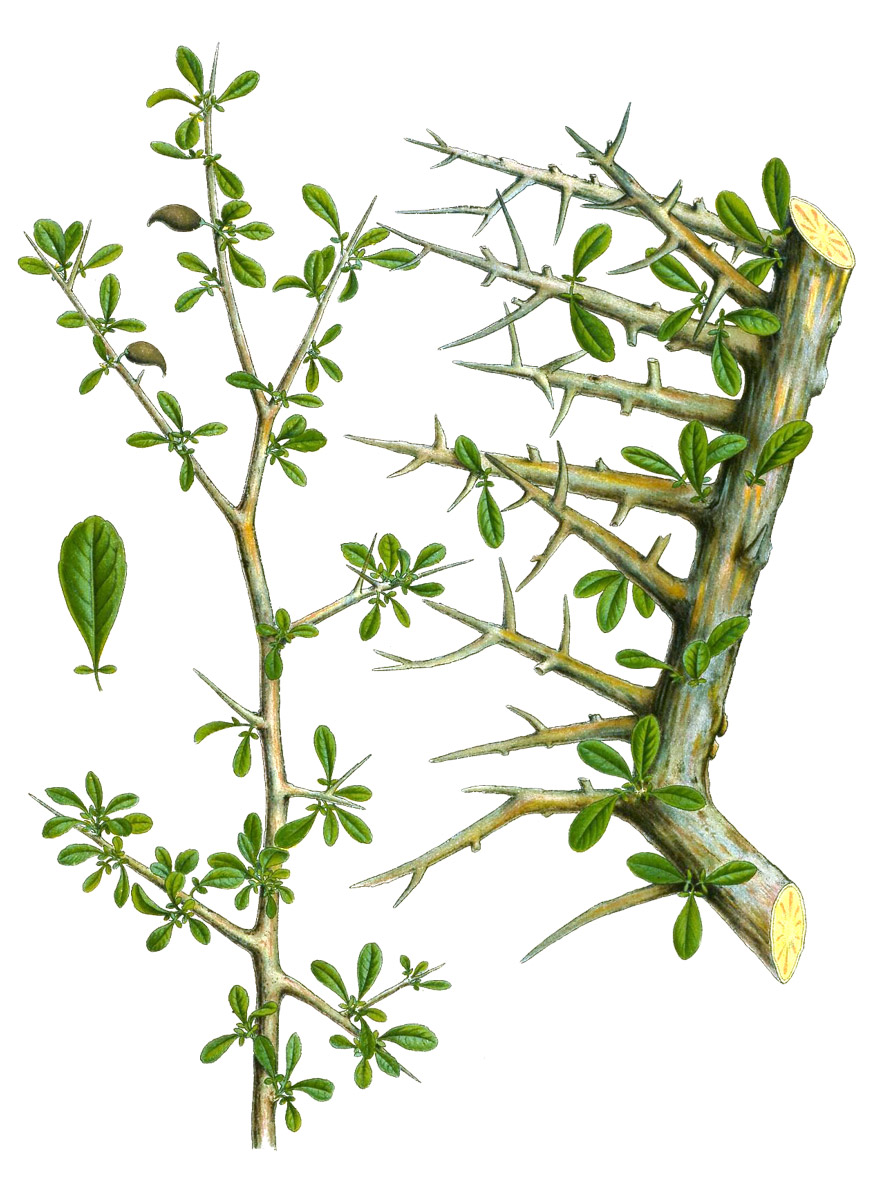Myrrh

Origin: Africa and Arabian peninsula
Family: Burseraceae
Scientific Name: Commiphora myrrha
Folk Names: Bowl, common myrrh, didin, didthin, gum myrrh, mirra, mur, myrrha, smyrna, stacte
Magical
Element: Water
Direction: North
Day: Saturday
Planet: Pluto
Zodiac: Scorpio
Associated Celebrations: ShadowFest
Deities: Adonis, Aphrodite, Cybele, Demeter, Hekate, Juno, Myrrha, Rhea, Saturn
Parts used: Gum resin
Magical Properties: Consecration, purification, healing, protection, peace, spirituality
Substitutions: Frankincense
Lore
Ancient Greece: Myrrha (or Smyrna) was a Cyprian princess who seduced her father and fell pregnant. The back-story varies in different tellings, and some versions have this orchestrated by Aphrodite after Myrrha’s mother stated her daughter was more beautiful than the goddess. After her identity was realised, Myrrha spent 9 months walking exiled/being chased through the desert. Desperate for a solution, she cried to the gods and they took pity on her and transformed her into the myrrh tree, with its sap representing her tears. Her baby Adonis was then born from the tree.
Magical Uses
- Add myrrh to other herbs to boost their power.
- Use the smoke from myrrh to purify, bless, and consecrate magical objects and tools.
- Burn myrrh to purify and consecrate an area, usually mixed with frankincense, creating “Church incense”.
Aromatherapy
Part Used: Resin
Extraction Method: Steam distillation
Scent Type: Resinous
Perfume Note: Base
Scent Description: Rich, woody, earthy, bitter-spicy
Warnings:
- Avoid during pregnancy and while breastfeeding.
Medicinal
Note: This information is provided for informational purposes only, do not use any plants medicinally without consulting with an appropriate medical professional.
Medicinal Properties: Anti-inflammatory, antioxidant, astringent, expectorant, antiparasitic, antibacterial
Interactions:
- Myrrh may interact with some diabetes or anticoagulant medications. This is less likely if it’s not being consumed, but may be worth being aware of.
Warnings:
- Not safe for use during pregnancy, as Myrrh can stimulate menstruation. While consumption is the primary concern, it’s not known whether topical use of Myrrh might be enough to pose a risk to pregnancy.
- Topical applications can cause a rash in some people.
Practical
Myrrh has been a common ingredient in perfumery and as incense for millennia, as well being used to make sweets and chewing gums.
Botanical
While the resin of a number of Commiphora species, Commiphora myrrha is the most common.
Type: Shrub/tree
Plant Height: 1m-4m
Leaves: Pinnate/compound leaves made of 3 1cm-long oblong/oval leaflets
Flowers: Yellow-red, with 4 narrow, oval petals
Fruit: Small-ish, dark red drupes
Etymology: From the semitic םרר (mrr), meaning ‘bitter’.
